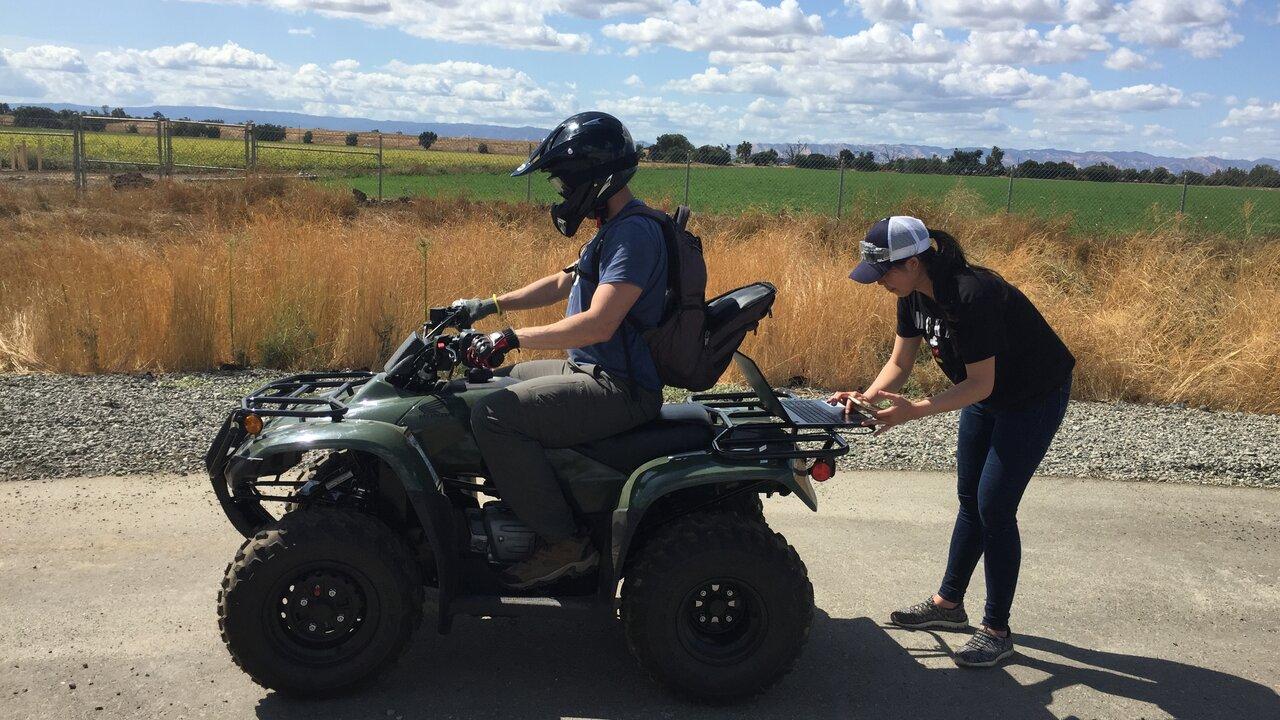
Keeping Youth Safe on Agricultural ATVs
Researchers in the department of Biological and Agricultural Engineering (BAE) are working to make agriculture safer for children. With a new five-year project funded through the National Children’s Center for Rural and Agricultural Health and Safety (NCCRAHS), assistant cooperative extension specialist Farzaneh Khorsandi and professor Fadi Fathallah will study all-terrain vehicle (ATV) safety to prevent childhood injury.
More children are injured or killed in agriculture than any other industry in the U.S. combined. The Center for Disease Control’s National Institute for Occupational Safety and Health (NIOSH) estimates that a child dies in an agriculture-related incident every three days and at least 33 are injured every day. ATV crashes are the second-leading cause of this injury and death, so Khorsandi and Fathallah plan to mitigate this by learning the causes of fatal crashes and helping prevent them.
The study will build on preliminary research conducted at the UC Davis Western Center for Agricultural Health and Safety (WCAHS) and will involve a comprehensive literature review, experimental field tests and computer simulations.
The goal is to learn the factors that put children at risk while riding ATVs so they can develop science-backed guidelines, safety interventions, recommendations and public policies for youth operating ATVs in the agricultural industry.
Their project is one of seven funded through a five-year, $6 million renewal grant for the NCCRAHS. Led by the Marshfield Clinical Research Institute in Wisconsin, NCCRAHS is one of 11 agricultural centers funded by the NIOSH and the only one dedicated to childhood agricultural injury prevention.
Khorsandi thanks the projects’ advisory committee, WCAHS, Ph.D. student Gui De Moura Araujo and their team of undergraduate researchers for their work on the project and plans to leverage these relationships as the project moves forward.
